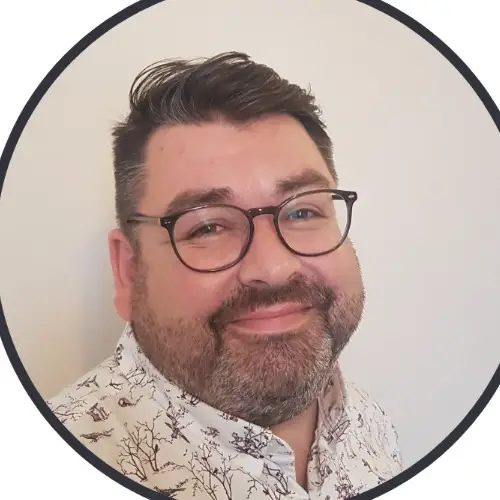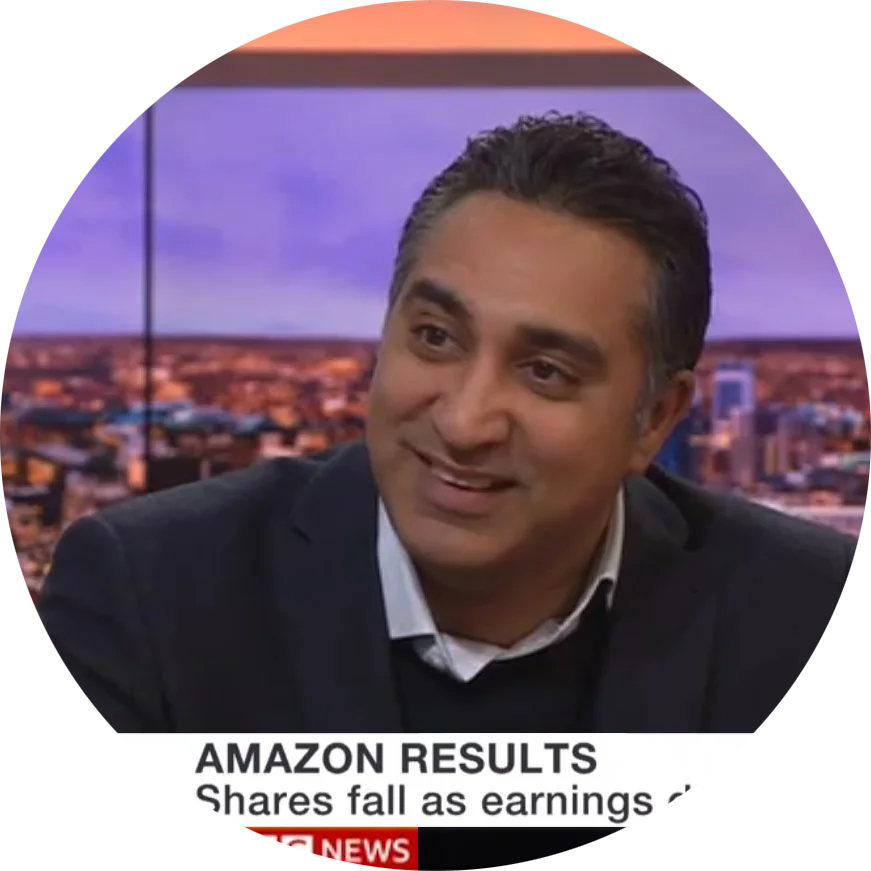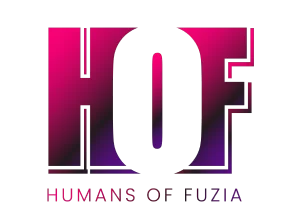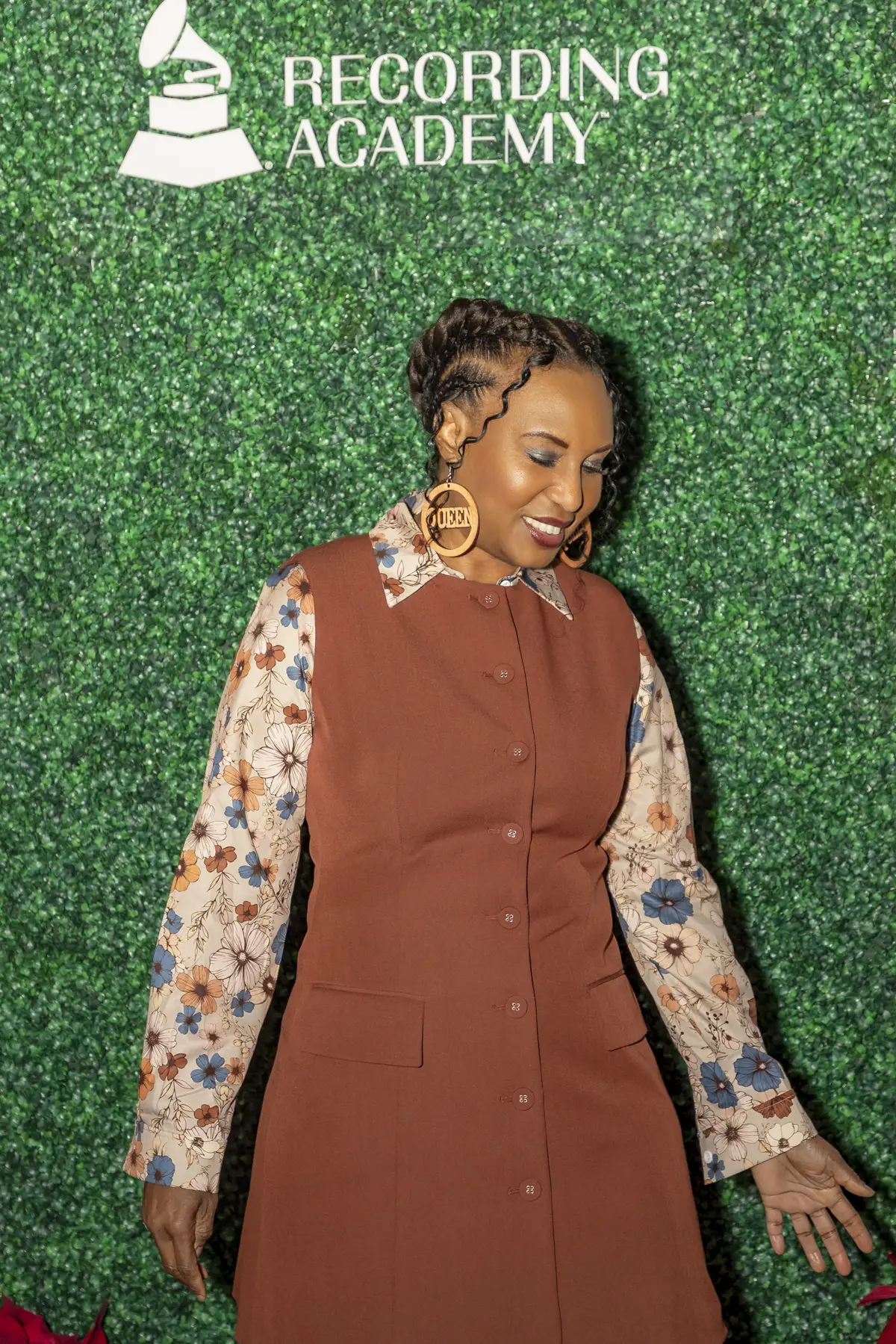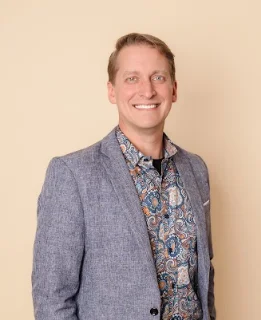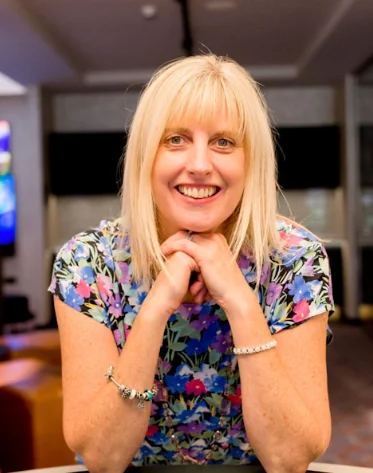Nick Finnemore has dedicated over 25 years to the EdTech industry, working across the UK, US, Middle East, and beyond. Alongside his wife Sarah, he co-runs a consultancy that supports education companies in harnessing technology and innovation to improve outcomes for children. His mission is clear: to make education more personalized, efficient, and accessible so every child can reach their full potential.
Humans of Fuzia is proud to feature Nick’s story because his work exemplifies how technology, when used with empathy and purpose, can transform learning. With our 5 million–strong global community advocating for He for She and She for She, his journey serves as an inspiring reminder of how individuals can use their expertise to create a more equitable and opportunity-rich future for children everywhere.
Q: Nick, could you start by telling us about your journey in the EdTech space?
I’ve been in EdTech for about 25 years now. After working with Capita for 18 years, Sarah and I decided to start our consultancy. We’ve collaborated with companies across the UK, the US, and the Middle East, helping them innovate and grow. Our focus has always been on improving education outcomes—making sure children get personalized learning opportunities that suit their needs, whether they’re gifted, talented, or need extra support.
Q: What drives you in this field—what’s your “why”?
For me, it’s simple: every child deserves the same opportunity to reach their full potential. Technology can play a huge role in this, from creating individualized learning plans to helping teachers understand where a child may need extra support. It’s not just about financial return—it’s about making education more effective and accessible.
Q: How does your consultancy work with companies to achieve that?
We don’t build products ourselves. Instead, we support businesses by helping them identify gaps, streamline processes, and integrate technology like AI where it makes sense. Sometimes it’s about efficiency—like improving invoicing or reporting. Other times, it’s about creating a seamless customer experience. In education specifically, we focus on using data more effectively, like working toward a single child record that follows a student from nursery through adulthood, giving teachers and parents clearer insights into their needs.
Q: Can you share an example of how this could help a student?
Take reading as an example. Tools like Lexplore can analyze how a child reads on-screen—spotting if they’re pausing or repeating words. That information is invaluable for teachers, helping them provide the right intervention at the right time. Over time, with better data and insights, children get more personalized support and can progress without falling through the cracks.
Q: Do you see this as a UK-only initiative, or is it something global?
Right now, we’re focused on the UK because that’s where we see the biggest gaps. But the challenges of fragmented systems and siloed data exist in many places. If we can get this right in the UK, there’s no reason why it can’t be scaled globally to benefit children everywhere.
Q: What are your aspirations moving forward?
We want to continue working with EdTech companies, supporting them to grow and innovate. It’s about keeping the wheels of education turning, even if there isn’t always commercial gain. Sometimes the biggest impact comes from work that doesn’t directly generate profit, but keeps progress moving forward.
Q: And what challenges do you face in this work?
The biggest challenge is capacity. As consultants, much of what we deliver is based on our personal knowledge and experience. Scaling without losing quality is tough. Most of our clients want to work directly with me or Sarah, so it’s hard to replicate that. Instead of growing bigger, we’re focusing on higher-value projects and exploring online training to share our expertise more widely.
Q: Finally, what advice would you give to aspiring leaders in this space?
First, listen—great leaders talk last. Second, create solutions that are frictionless; people don’t want complexity, they want ease. And finally, know your “why.” If you can’t answer why you’re in your chosen field and what’s important to you, you’ll struggle to connect with people. At the end of the day, people buy into purpose, not just products.
“The best leaders are the ones who listen, keep solutions simple, and never lose sight of their purpose.”
Connect with Nick Finnemore:
LinkedIn
Want to be featured?
If you’d like to be featured in the Humans of Fuzia series, email us at fuziatalent@fuzia.com.



